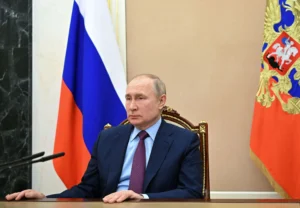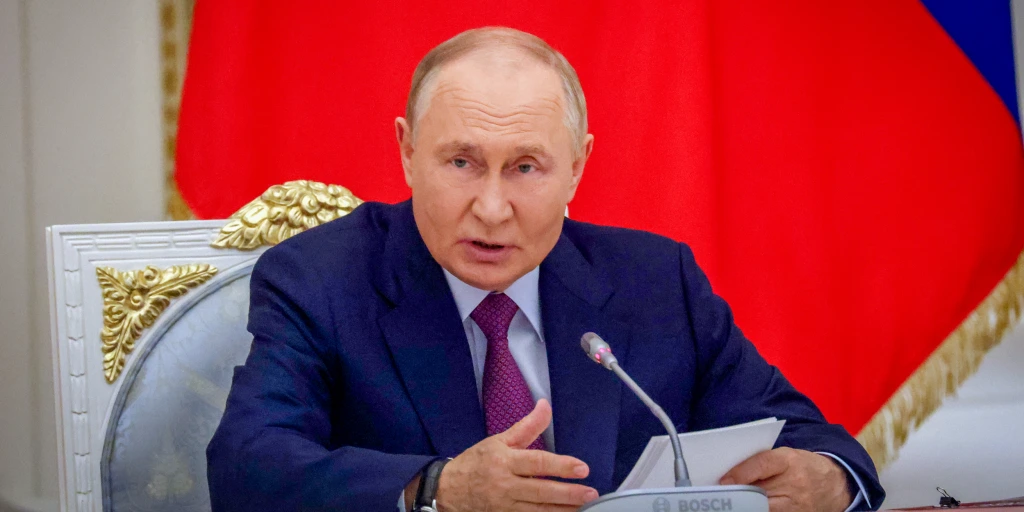The Russian government has denied any involvement in the recent hunger protests in Nigeria, distancing itself from claims suggesting it had a hand in the unrest. According to a letter sent to the Nigerian Ministry of Foreign Affairs, shared by the Russian embassy’s press secretary Yury Paramonov, Russia described the allegations as part of a coordinated media campaign led by Western and Ukrainian officials. Russia argued that these narratives are intended to shift blame onto the Russian Federation for internal Nigerian affairs.

The letter also referenced statements made by U.S. Secretary of State Antony Blinken, former British Council Director in Nigeria David Roberts, and Ukraine’s Ambassador to Nigeria Ivan Kholostenko, accusing them of falsely linking the presence of Russian flags during the protests to Russian interference.
This controversy arose after some protesters, participating in the #EndBadGovernanceInNigeria protests in August, were seen waving Russian flags while voicing their frustrations. This imagery led to speculation about possible external influence, which Russia has firmly denied.
Russia’s alleged involvement in the political upheavals in West African countries such as Mali, Burkina Faso, and Niger has become a significant point of discussion. The military coups in these countries led to the severing of ties with France, their former colonial ruler, while new alignments with Russia raised concerns among Western powers. This shift has been seen as part of broader geopolitical struggles for influence in Africa, where Russia has been actively seeking to expand its presence, often through soft power, military agreements, or even paramilitary support, such as that provided by the Wagner Group.
In the case of Nigeria, the mention of Russian flags during recent protests sparked controversy, with some Western officials suggesting that this might indicate Russia’s involvement or influence. However, Russia has strongly denied any connection, accusing the U.S., U.K., and Ukraine of attempting to tarnish its relations with Nigeria. Moscow’s position is that such allegations are baseless and politically motivated, aimed at creating a wedge between Russia and its African partners.
Russia’s growing influence in Africa has been a source of tension, particularly with Western powers that have traditionally held sway in the region. The ongoing accusations and denials underscore the complexity of international diplomacy in West Africa, where a reshuffling of alliances is taking place amidst broader concerns about external interference in domestic politics.
The statement from the Russian Embassy addresses and denies any involvement in past or potential future protests in Nigeria, emphasizing that Russia respects Nigeria’s sovereignty and adheres to the principle of non-interference in the internal affairs of other nations. In contrast, the Embassy accuses Western and Ukrainian media of attempting to meddle in Nigeria’s internal issues and deflect blame onto Russia.
The message also underscores the positive diplomatic relations between Nigeria and Russia. It conveys Russian President Vladimir Putin’s congratulations to Nigerian President Bola Tinubu on Nigeria’s National Day and expresses hopes for continued cooperation and deeper relations between the two countries.
This reflects a typical diplomatic response that denies involvement in sensitive internal matters of another country, while simultaneously affirming friendly bilateral relations. he said.
Click here to join our Telegram Channel

